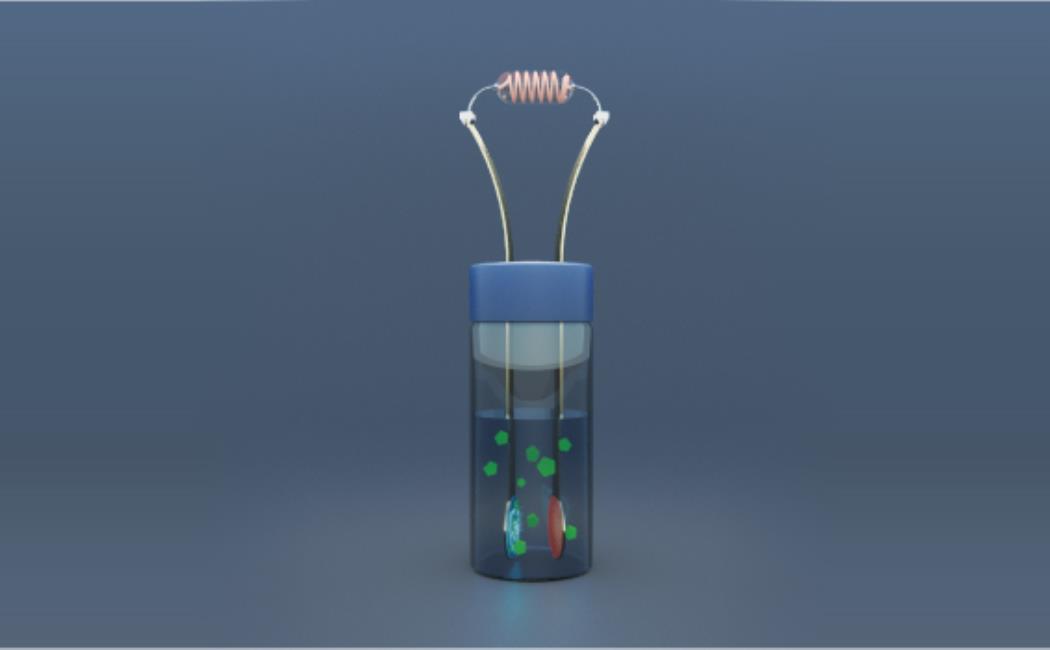
Plastic biosensor finds sweet success
16 December, 2019
An electronic biosensor powered using the glucose in bodily fluids has been developed by KAUST researchers. The device pairs an electron-transporting polymer with an enzyme that extracts electrons from its reaction with glucose to drive its circuitry. The plastic biosensor could act as a continuous monitor of key health indicators, such as blood sugar levels in diabetes patients.
“Quick, accurate and early detection of abnormalities in metabolism is of paramount importance to monitor, control and prevent many diseases, including diabetes,” says David Ohayon, a Ph.D. student in Sahika Inal's lab who led led the research with postdoctoral colleague Georgios Nikiforidis. “Today's glucose monitors are mainly limited to finger-pricking devices, which are often painful,” he says. Implantable glucose-sensing devices are being developed, but their batteries complicate implantation and must eventually be recharged or replaced.
An ideal alternative technology would be implantable polymer biosensors that are able to power themselves using molecules around them.
Click here to read the full story
Image: A schematic of the all-polymer biofuel cell, which draws energy from the glucose naturally present in saliva.
© 2019 KAUST; Heno Hwang